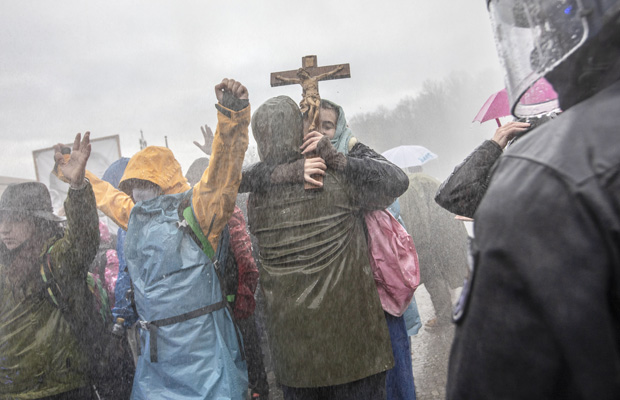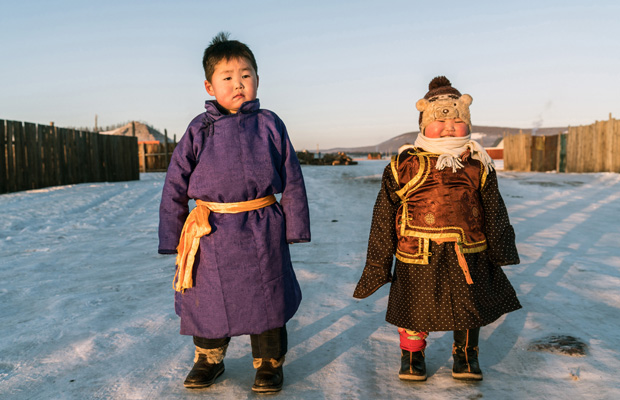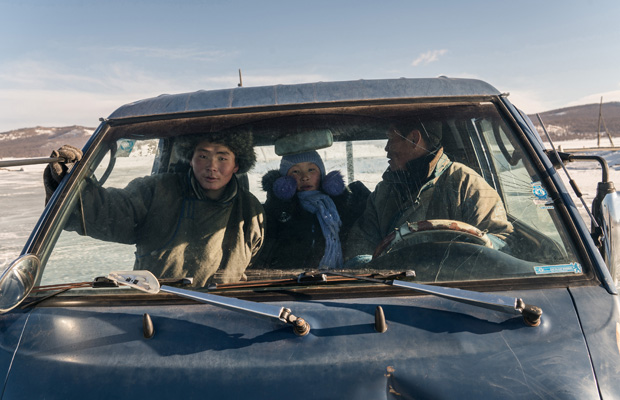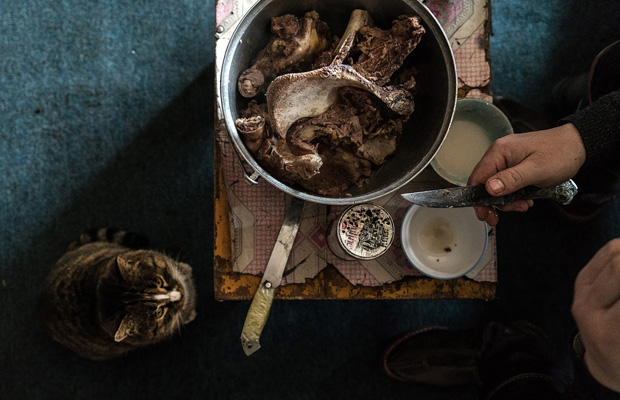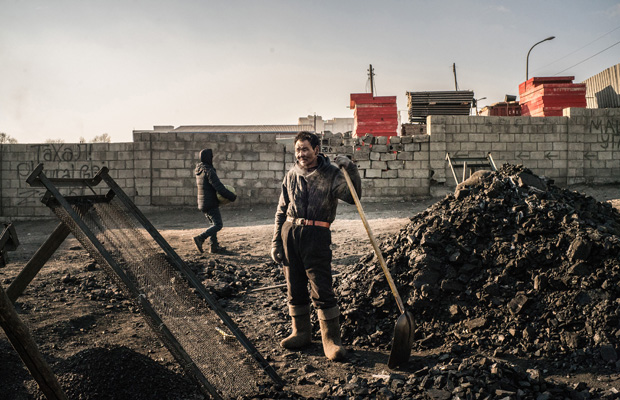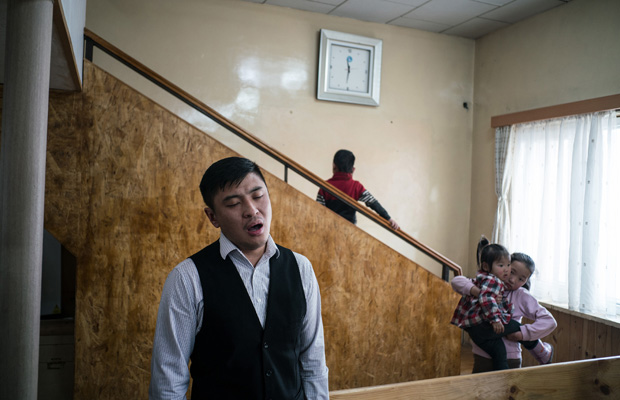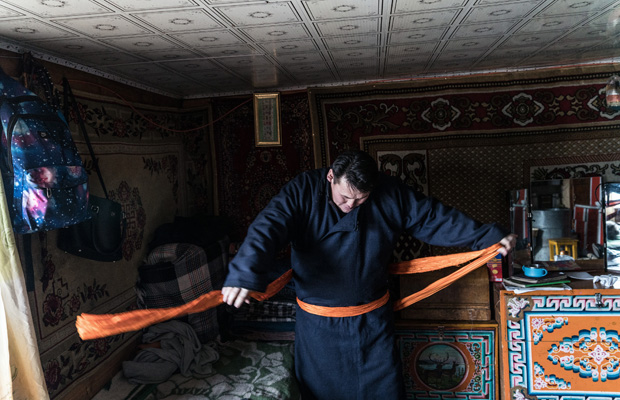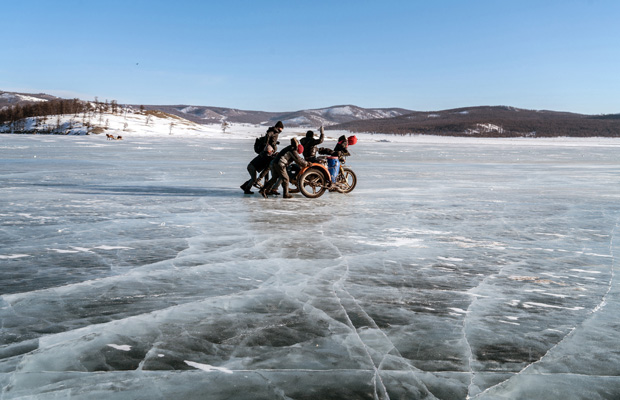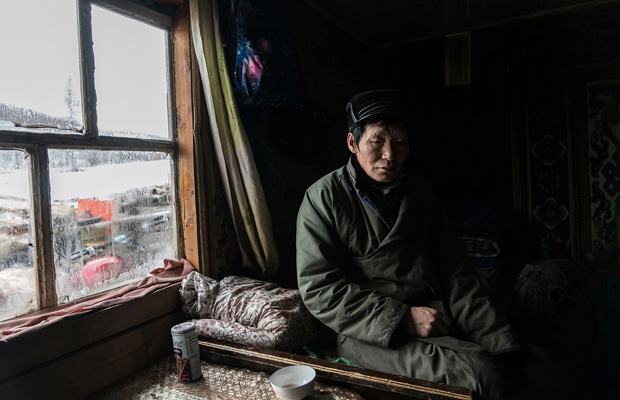Aktuelle Pressefotografie aus Politik, Gesellschaft, Wirtschaft und Kultur finden Sie ab sofort gebündelt in unserem neuen Place bei my-picturemaxx SZ Photo Zeitgeschehen.
Bundestagswahl, Corona, Klimawandel, soziale Ungleichheit: Unsere Presse- und Reportagefotograf*innen liefern täglich aktuelles Bildmaterial zu den drängenden politischen und sozialen Themen unserer Zeit. Sie begleiten Politiker:innen und Proteste, besuchen Brennpunkte im In- und Ausland. Dazu: Aktuelle Bildberichterstattung aus den Bereichen Wirtschaft und Kultur. Ein besonderer Fokus liegt auf dem Zeitgeschehen in München und Berlin.
In unserem Place SZ Photo Zeitgeschehen finden Sie täglich brandneue Bildstrecken unserer jungen #candid-Fotograf*innen, der SZ Fotograf*innen und weiterer renommierter Bildjournalist*innen.
Suchen Sie unter “my Media Suppliers” nach SZ Photo Zeitgeschehen und fügen Sie den Place zu Ihren Favoriten in my-picturemaxx hinzu.
Beachten Sie auch unsere Angebote aus SZ Photo Zeitgeschehen unter “my Offers”:

Eine täglich aktualisierte Auswahl an neuen Fotoserien zum Zeitgeschehen finden Sie auch auf unserer Website

